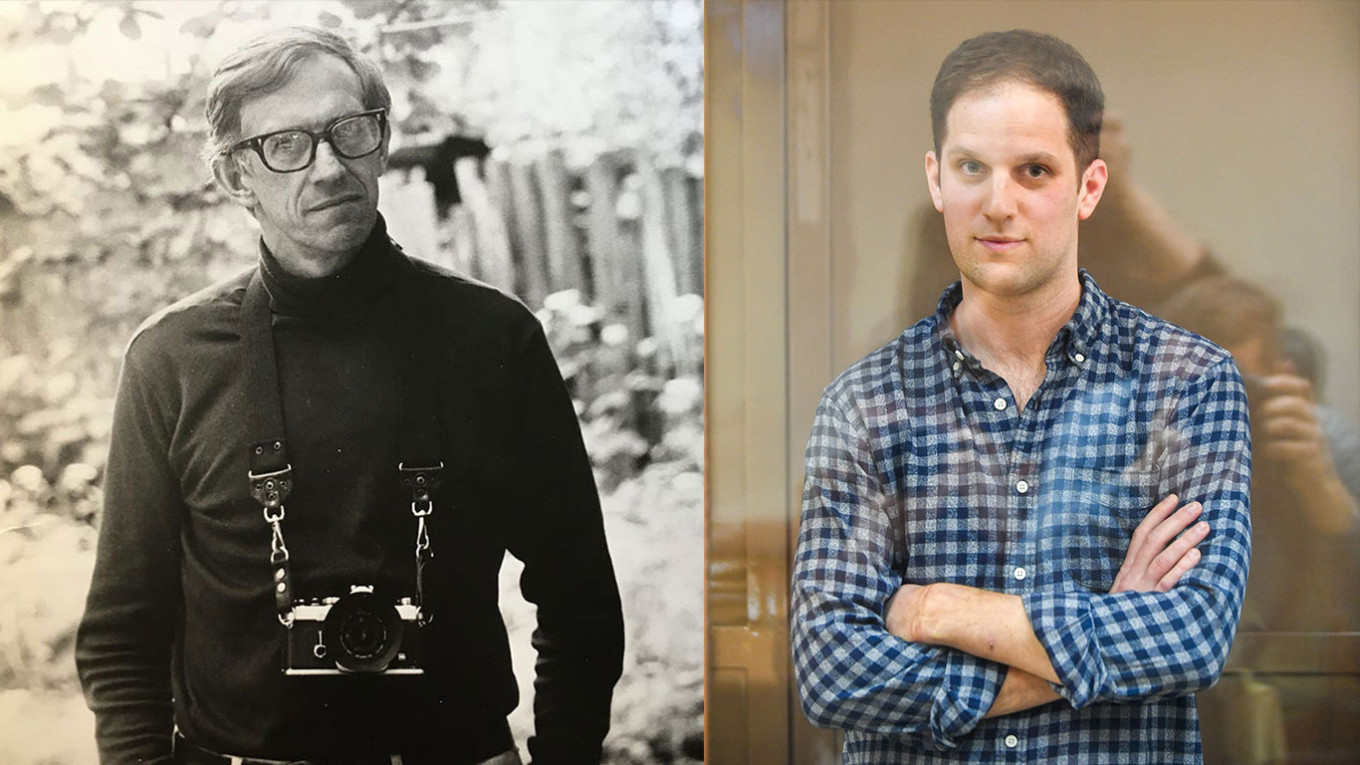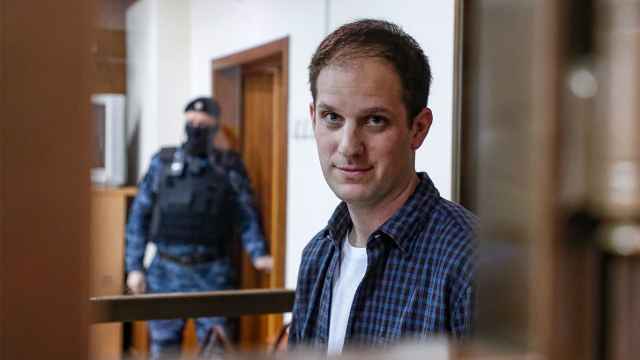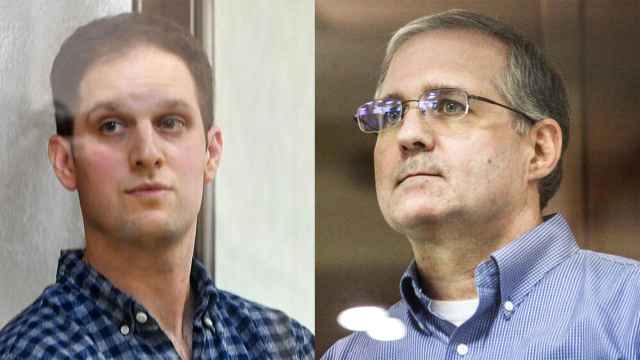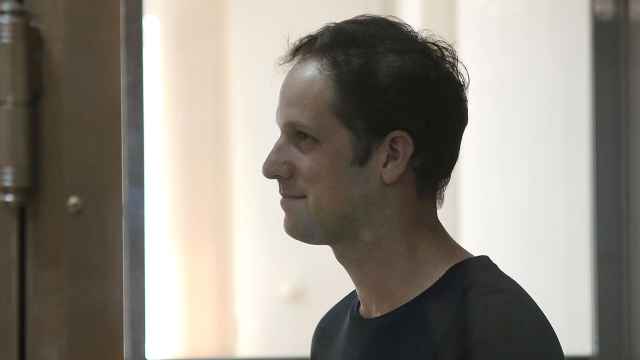The arrest of Wall Street Journal reporter Evan Gershkovich in March was the first time a Western journalist had been held on espionage charges in post-Soviet Russia — but it opened a floodgate of memories for Nicholas Daniloff.
Daniloff was working as a journalist in the Soviet Union in 1986 when he was snatched off the streets of Moscow and accused of spying for the United States.
The Gershkovich case “does seem rather similar,” Daniloff, 88, told The Moscow Times in a phone conversation from his home in Massachusetts.
The similarities between what happened to Daniloff and Gershkovich are striking. Both journalists came from Russian emigre families who settled in the U.S. — and both were working for prominent U.S. outlets in Russia when they were arrested and incarcerated in Moscow’s infamous Lefortovo prison on espionage charges.
While Gershkovich was detained during a reporting trip to the Ural Mountains city of Yekaterinburg, Daniloff was picked up in the Russian capital.
Daniloff said he had no inkling that he was about to be arrested when a van pulled up alongside him as he was walking home from Moscow’s Vorobyovy Gory district.
“Approximately six people jumped out of the van, seized me, put me in handcuffs and drove off to Lefortovo prison,” he said.
A seasoned reporter who started his career as a copy boy for The Washington Post, Daniloff had worked in the Soviet Union for a stint in the 1960s. This experience made him accustomed to living under the watchful eye of the KGB — he said he expected to be followed by agents and have his phone tapped.
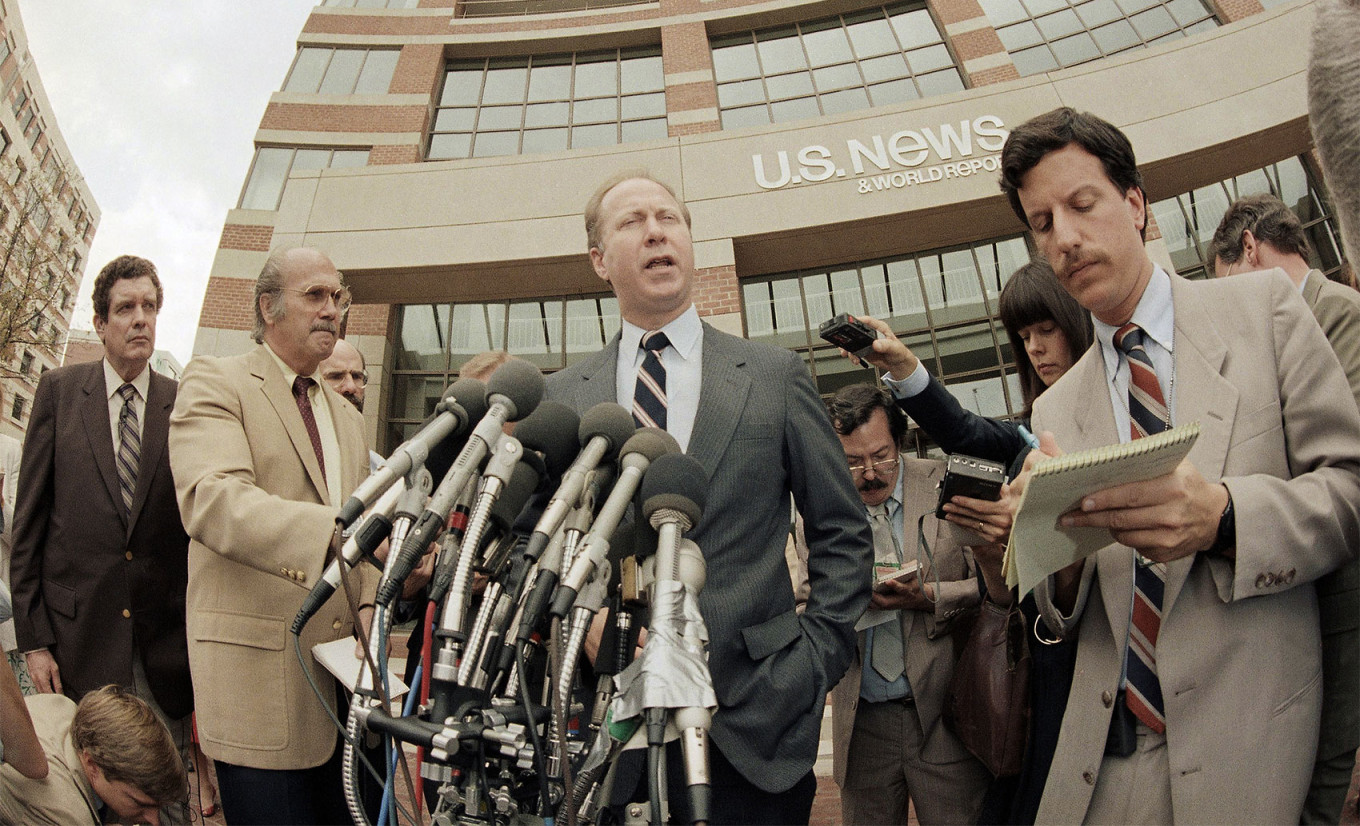
By 1986, he had been working as bureau chief for the U.S. News & World Report’s now-defunct Moscow bureau for five years.
Under leader Mikhail Gorbachev, the Soviet Union had already launched the reforms of perestroika and glasnost and there were no indications a Western reporter like Daniloff could be targeted.
“It was really out of the blue,” he said.
Similarly, Gershkovich’s arrest — although it took place against the backdrop of the war in Ukraine and the collapse in relations between Russia and the West — came as a shock.
While most independent Russian journalists have either been jailed or fled abroad due to the Kremlin’s wartime crackdown, Western reporters had largely been allowed to continue working unimpeded. Gershkovich’s arrest has changed that.
Immediately prior to his detention, Daniloff met a Russian acquaintance who handed him an envelope that he said contained clippings from local newspapers from Frunze (modern-day Bishkek, Kyrgyzstan).
But when the envelope was opened by the KGB officers at Lefortovo, it turned out to contain snapshots of military equipment and soldiers and a couple of maps.
It appeared to have been a set-up.
The authorities later used the contents of the envelope as evidence that Daniloff was spying for the U.S. — an accusation denied at the time by the reporter, his employer and the U.S. government. Daniloff has not changed his story in almost 40 years.
“I was a journalist,” he said. “I gathered information, which is what espionage people do, too, but I talked about it all openly and wrote about it in my dispatches.”
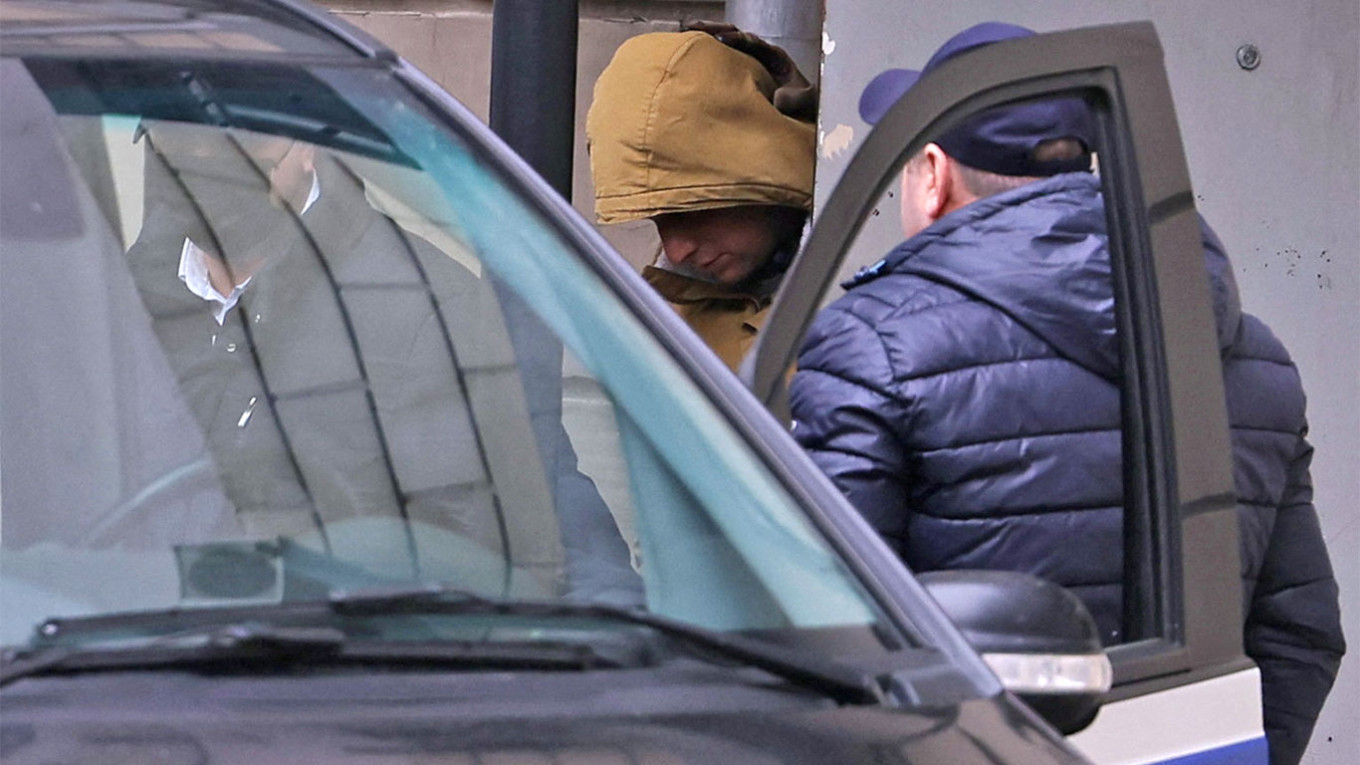
Following his arrest, Daniloff spent 13 days in Lefortovo in eastern Moscow — the same facility where Gershkovich is currently being held.
Like other former Lefortovo inmates, Daniloff recalled the shock of the isolation that engulfed him when he was shoved into a cell and the door closed behind him.
“Speaking Russian was a great advantage because it meant that you could be on more friendly terms with those who were holding you. As I recall I had reasonably friendly interchanges with my captors,” said Daniloff.
“There were no direct threats. In fact, I wouldn't say there were any threats except that the interrogator said that I was an espionage agent.”
Unlike Gershkovich and other Lefortovo inmates, Daniloff was allowed to phone his wife Ruth shortly after his arrest and had a number of face-to-face meetings with her while in Lefortovo.
The meetings were a great source of comfort to Daniloff as he was able to learn of the publicity his arrest had received and the outrage back home.
The only contact Gershkovich has had with his family and supporters has been via letters, which take several weeks to reach him and vice versa.
However, the major difference between Gershkovich and Daniloff’s cases is that Daniloff was returned to the U.S. in a prisoner swap just a few weeks after his arrest.
The Soviet Union received a Soviet spy, Gennady Zakharov, in exchange.
In contrast, Gershkovich remains in Lefortovo more than six weeks after his arrest, with no immediate prospects for release despite intense speculation that the Kremlin would like to use him in a prisoner exchange.
After leaving the Soviet Union, Daniloff continued his journalism career and was later appointed as a journalism professor at Northeastern University in Boston.
His dramatic exit from the Soviet Union did not affect what he said were his “friendly feelings towards the Russian people.”
“The friends that I had were still my friends,” he said.
“I later also heard that the Russians with whom I was well acquainted in Moscow understood immediately that this was a set-up job… they didn’t believe the stories that the KGB put out about me.”
While acknowledging some of the commonalities between his story and that of Gershkovich, Daniloff was pessimistic about Gershkovich’s chances of being freed soon.
Officials in the Kremlin today, he said, are much more antagonistic to the West than the Soviet elite were when he was grabbed off the streets and put in Lefortovo.
“This is a much harsher regime than that which existed when I was arrested,” said Daniloff.
“The Russians are being difficult.”
A Message from The Moscow Times:
Dear readers,
We are facing unprecedented challenges. Russia's Prosecutor General's Office has designated The Moscow Times as an "undesirable" organization, criminalizing our work and putting our staff at risk of prosecution. This follows our earlier unjust labeling as a "foreign agent."
These actions are direct attempts to silence independent journalism in Russia. The authorities claim our work "discredits the decisions of the Russian leadership." We see things differently: we strive to provide accurate, unbiased reporting on Russia.
We, the journalists of The Moscow Times, refuse to be silenced. But to continue our work, we need your help.
Your support, no matter how small, makes a world of difference. If you can, please support us monthly starting from just $2. It's quick to set up, and every contribution makes a significant impact.
By supporting The Moscow Times, you're defending open, independent journalism in the face of repression. Thank you for standing with us.
Remind me later.



